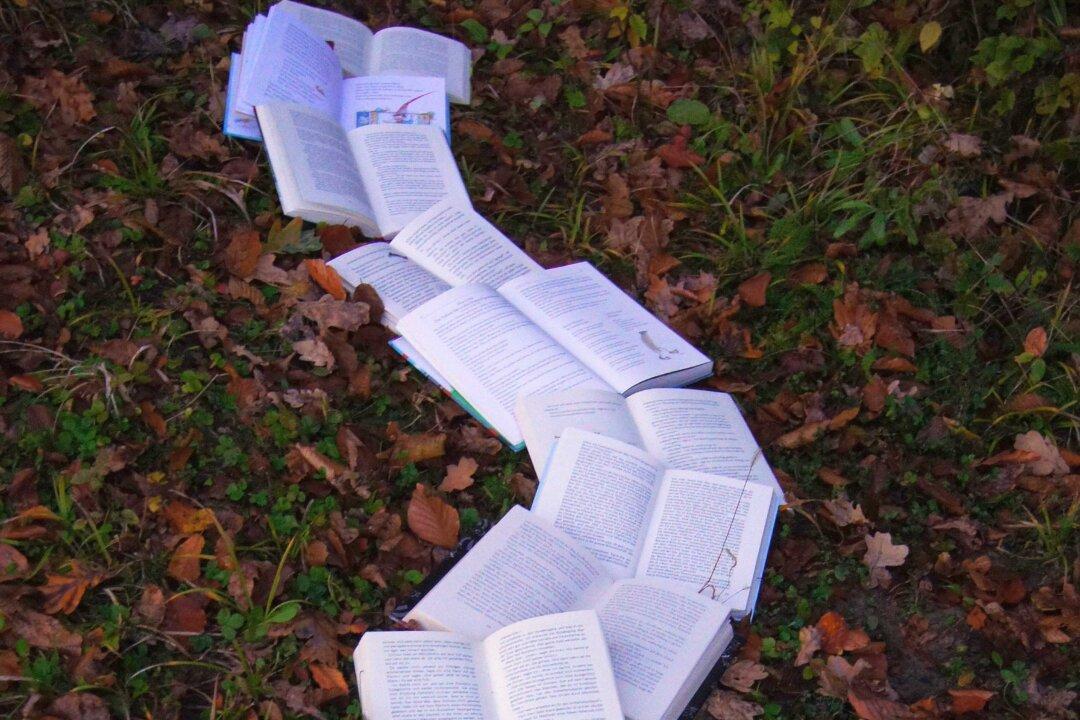Commentary
Here is a bitter irony for you. Just as the world’s greatest literature of all ages became available to every person, mostly at no charge, and with only a search and a click, it seems like most people have lost interest. What incredible and tragic timing!





